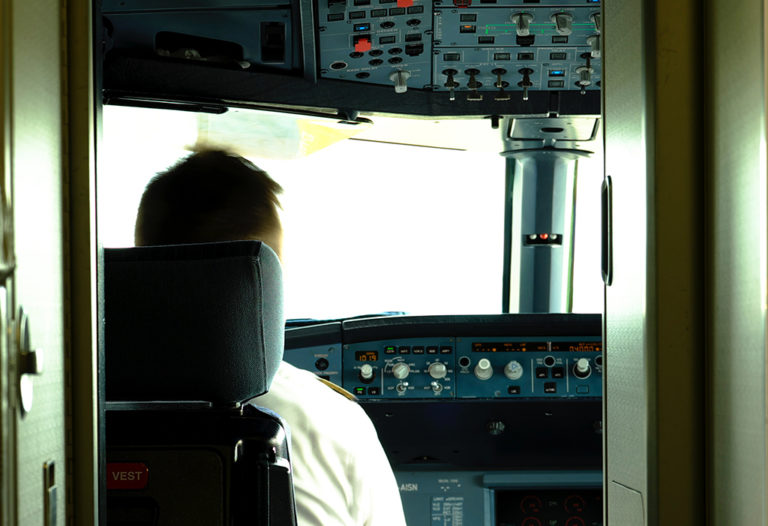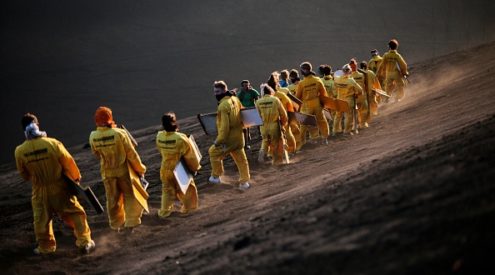A senior South African pilot, who has been flying for South African Airlines (SAA) for 20 years is under investigation when an atmospheric disturbance at high altitude over the Swiss Alps occurred on 6 November 2018. The disturbance put the aircraft into an over-speed condition and a recovery maneuver was performed to regain stability. The aircraft landed safely in Frankfurt without injury or damage and was escorted to its parking bay by the emergency services.

SAA’s robust safety procedures dictate that the crew involved in a reportable incident of this nature be grounded and be subjected to a thorough and comprehensive assessment and re-evaluation. During the investigation into the incident, SAA uncovered that one of the pilots, a Senior First Officer (SFO), William Chandler, who had operated that flight, had made false representations to the airline and claimed that he was qualified and had an Airline Transport Pilot License (ATPL). He only had a Commercial Pilot License.
Currently, three concurrent investigations are underway into the circumstances of the incident by SAA, the South African Civil Aviation Authority (SACAA) and the German authorities. To this effect, SAA is cooperating with the relevant independent authorities in this investigation.
SAA will consider releasing details once the investigations have been concluded. ‘We take note that at no point did the alleged fraudulent license present any safety risk to SAA’s operation as the pilot in question was in possession of a valid Commercial Pilot License (CPL) and was the monitoring pilot and not the commander of the aircraft. The pilot had successfully completed all required safety training. However, we find it disconcerting that misrepresentations were made about the type of license that the pilot claimed to possess,’ said SAA Spokesperson, Tlali Tlali. The Commercial Pilot License allows pilots to operate a Commercial Airliner and the SFO concerned had successfully completed all the SAA training required of him throughout his time at SAA.
‘SAA has suffered actual financial prejudice and has opened a criminal case of fraud against that pilot. Necessary steps will be taken to recover the money unduly paid to him. These include salary, overtime and allowances,’ commented Tlali. He was promoted and remunerated at a higher scale on the basis of his misrepresentation that he was in possession of an ATPL.
It is an SAA requirement that all pilots obtain an ATPL license within five years of their employment as pilots at SAA. This is linked to Senior First Officer status and forms part of their conditions of employment as regulated in the SAA Pilots Regulating Agreement. Any pilot failing to obtain this license, will have their employment terminated with the airline.
The ATPL process is administered by the SACAA as the examining authority. The current practice is that a pilot who has passed the ATPL examinations would bring the certificate to SAA for processing. We have now changed the procedure such that SAA will obtain results and certificates from the examining authority and in the case of ATPL the SACAA.
‘We have submitted all SAA pilots’ licensing files to the SACAA for verification and audit. On the basis of a sample that has been selected for audit, the SACAA has indicated that the verification process is progressing well and no irregularities were identified to date,’ concluded Tlali.
Picture: Unsplash















